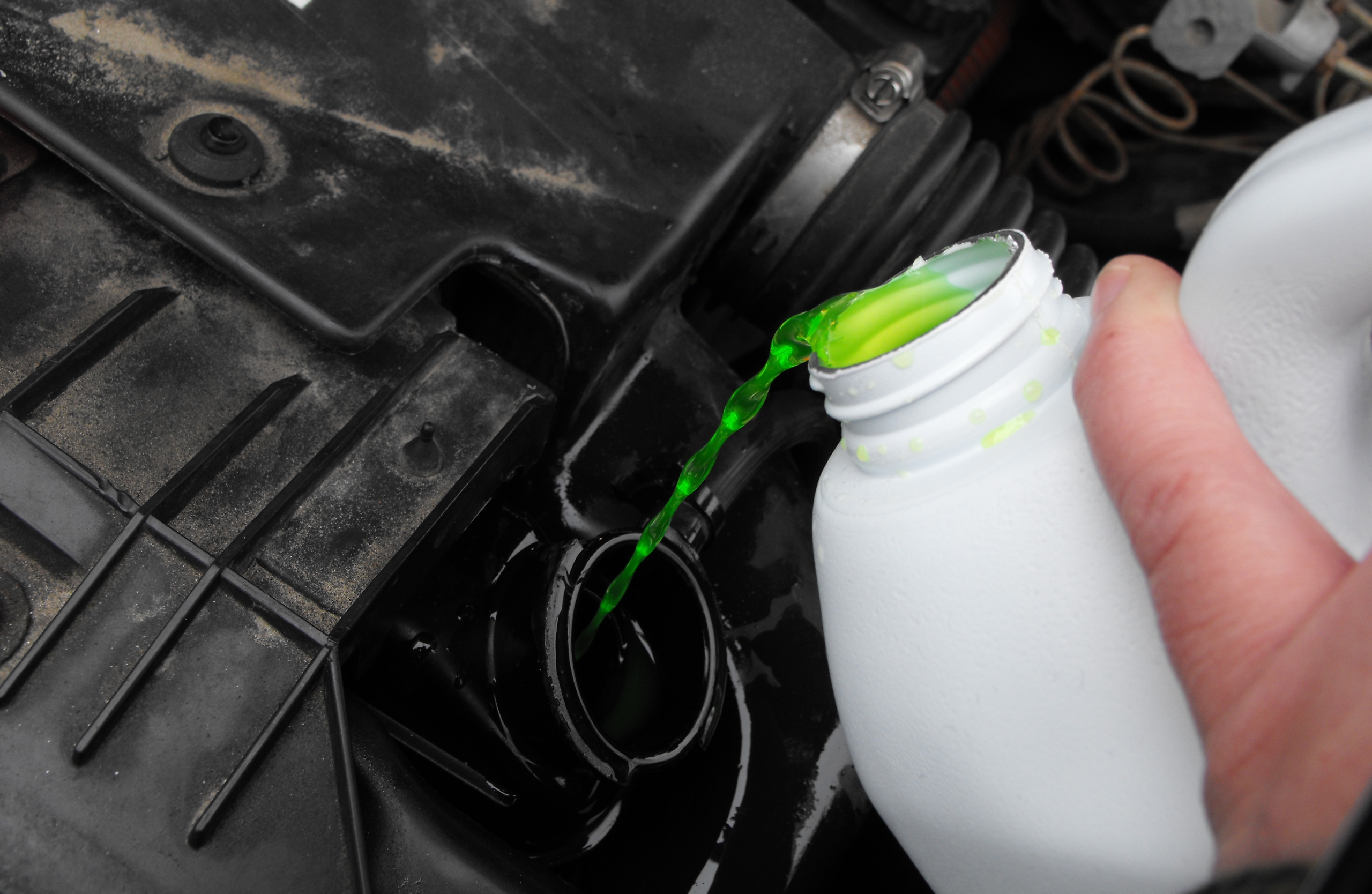Glycol an organic compound belongs to the alcohol family. One of the simplest members of the class is Ethylene Glycol which is one of the organic compounds being talked about in this blog, along with Propylene Glycol which is another member of this class that isn’t as simple as Ethylene Glycol.
What is Propylene Glycol?
For the simplest terms, Propylene Glycol is a liquid that has no color, no smell, and no taste and belongs in the chemical class of alcohol. Propylene alcohol serves the main purpose of absorbing water. People will commonly mistake Propylene glycol for Ethylene glycol, but the contrast is that Ethylene glycol is toxic. Propylene glycol is an additive product and serves many different purposes in a multitude of industries.
Some of these uses for Propylene Glycol include:
- Food Industry Coolants
- Deicing and antifreeze fluids
- Non-ionic Detergents
- Plasticizers
- Hydraulic brake fluids
- Solvent
- Extractant
- Humectant
- Unsaturated Polyester Resins
What is Ethylene Glycol?
Slightly similar but different, Ethylene glycol is a synthetic liquid that also absorbs water. Ethylene glycol is odorless, colorless, and also in contrast has a sweet taste. As mentioned before, Ethylene glycol is toxic which makes it the biggest difference from Propylene glycol besides having a taste, unlike the tasteless Propylene glycol. Ethylene glycol serves similar purposes in different industries but lacks some of the other uses and is limited in applications.
Some uses of Ethylene Glycol include:
- Antifreeze and de-icing solutions
- Auto
- Aviation
- Boating
- Hydraulic brake fluid
- Inks (used in)
- Stamp pads
- Ballpoint Pens
- Print Shops
Toxicity?
Propylene glycol and Ethylene glycol through their descriptions and definitions have many similarities, but the biggest difference that needs to be discussed is their levels of toxicity and Ethylene glycol being heavily toxic. The ATSDR classifies Ethylene glycol as a CNS depressant, a similar substance would be ethanol, classifying it as a hazardous material. Ethylene glycol if ingested affects kidney function and can affect the acid/base balance in the human body. Propylene glycol is not toxic compared to Ethylene glycol because it’s recognized as safe by the ATSDR for the pharmaceutical and food industries, and rarely results in toxic effects. In circumstances where there was a toxic effect, it was in strange circumstances. Though they both serve important purposes one is safer for human consumption than others.
For more questions about chemicals, you may be handling or coming into contact with contact us here today!















